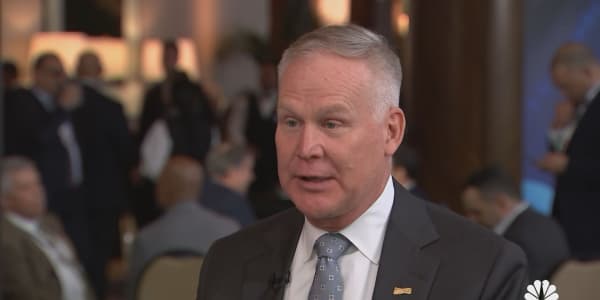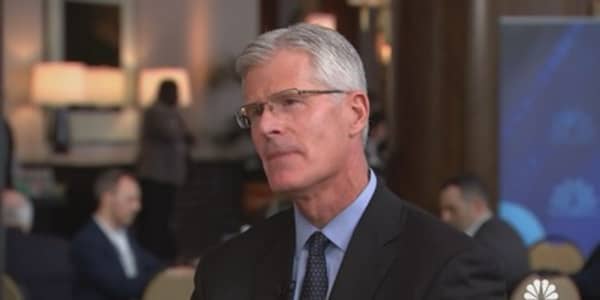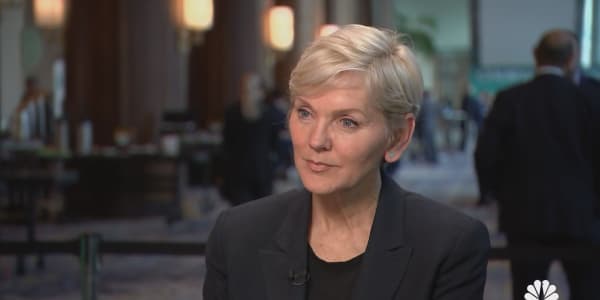On Jan. 14, 2019, a group of countries met in Cairo. The buzzing city had hosted many international events in the past, but this one had a special twist. For the first time ever, the Cypriot, Egyptian, Greek, Israeli, Italian, Jordanian and Palestinian Ministers of Energy met to discuss the establishment of the East Med Gas Forum, a platform for energy collaboration and partnership that could eventually take the form of an international organization.
But what caused this special meeting in the first place? After all, such a gathering in the Eastern Mediterranean, where high tensions and religious, political and national rivalries were the norm, would have been unthinkable a mere few years ago. And yet, quietly but surely, the countries have been utilizing energy diplomacy to align interests and foster long-lasting relations with each other, essential elements for the much sought-after regional stability and peace.
Their goal: to create a regional gas market, ensure supply and demand, optimize resource development, cut infrastructure costs, offer competitive prices and improve trade relations.
Discoveries of natural gas are not uncommon in the Eastern Mediterranean basin. As a matter of fact, there have been plenty over the past few decades, albeit confined close to the Nile Delta. The "Tamar" discovery offshore Israel in 2009 changed the scene and initiated the emergence of what some geologists call the Nile Delta Cone, a vast area extending northeast and northwest of the river's banks. And it appears the Nile has been pretty busy over the past few million years.
A number of world gas discoveries offshore Cyprus, Egypt and Israel have propelled the Eastern Mediterranean into the global energy stage. In the meantime, other countries in the region, such as Greece and Lebanon, are lining up with their own exploration plans.
Unsurprisingly, these developments have increased the stakes for everyone involved. To put the numbers into perspective, since 2009 East Med discoveries amount to around 2,100 billion cubic meters of natural gas, including the latest big find offshore Cyprus, at Glaucus-1 well, announced a few days ago by ExxonMobil. By comparison, EU consumption in 2017 — the region's closest major gas market — was around 410 billion cubic meters.
Naturally, most of the gas discovered so far has gone toward domestic or regional consumption. Even so, around a quarter of these discoveries, primarily in Cyprus and Israel, are earmarked for exports.
Couple that with the extensive exploration work currently under way, the increasing attractiveness of natural gas as a bridge-fuel toward a renewables future and the reduction in European indigenous production, and it's easy to see why the Eastern Mediterranean is well positioned to reap the rewards of the "Gas Renaissance," the name given to a panel discussion dedicated to the region at CERAWeek 2019 by IHS Markit this week.
Beyond OPEC
With competition for gas markets intensifying both from traditional producers such as Russia and emerging ones such as the U.S., East Med countries need to collaborate closely in order to find the optimal export options that will allow gas from the region to compete effectively in international markets.
A number of options are currently under consideration. Certainly, utilizing existing infrastructure capacity in the region, like LNG plants in Egypt or the Arab Gas Pipeline, is high on the priority list. At the same time, new infrastructure is also being examined, such as the EastMed Pipeline that would cross Israel and Cyprus into Greece and Italy in deep waters; new LNG (liquefied natural gas) plants to add to the region's capacity, and new technologies, such as floating LNG or compressed natural gas.
Cyprus has been spearheading the effort to advance the various export options and get the necessary intergovernmental agreements finalized. These agreements will map out security, environmental and jurisdiction issues so the forum can determine the most optimal ways to extract gas for international markets. Currently, Delek, ENI, ExxonMobil, Noble Energy, Qatar Petroleum, Shell and Total are leading exploration efforts in Cyprus.
The EMGF, strongly supported by the EU, is exactly the kind of platform where structured dialogue between producers, consumers and transit countries in the region can take place. Technical and commercial cooperation will be promoted between the members in order to achieve the desired integration and optimization of existing and future infrastructure.
There is no doubt that the Eastern Mediterranean region is challenging, both because of its complex geology and its geopolitical history. Global market conditions over the past few years have not been helpful, either. One could reasonably argue that the region is not for the fainthearted.
But as is the case with frontier exploration, the rewards for those who dare could be substantial. The players involved certainly believe so. By forming coalitions and building strong partnerships, we are starting to work in unison toward the realization of our common goals — the energy security of our countries and the prosperity of our peoples.




